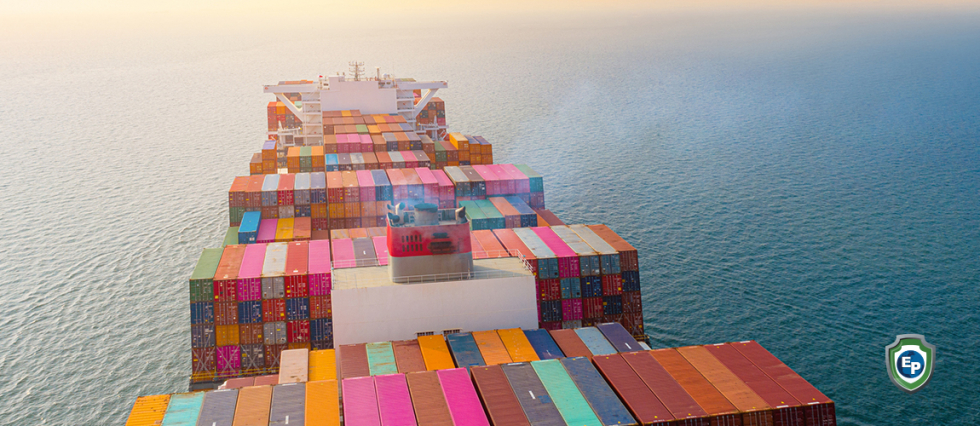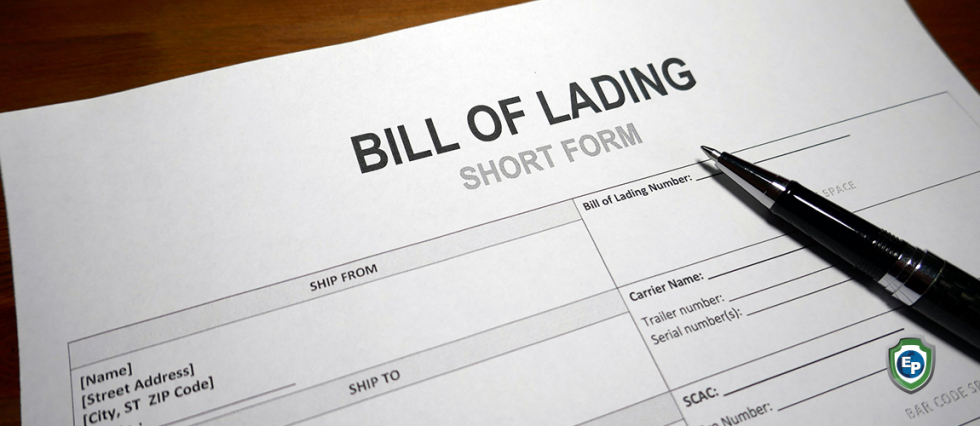Blockchain-Based Trade Finance: What Does It Mean
Blockchain enables trade parties to settle transactions faster and at a lower cost. Learn More!

Trade finance is an umbrella term for tools to reduce financial risks in international trade. The goal is to align the different security needs of all involved trade parties.
In a trade transaction, there is at least one buyer and one seller – often, there are more parties involved, such as shipping companies or banks.
Imagine you are ordering products from overseas, and you are required to make an upfront payment. How can you know the shipper does send your products?
Likewise, Imagine you are the shipper, and your buyer does not agree to an upfront payment – how can you know you will receive your money after having shipped the product?
Trade finance reduces counterparty risk
A standard solution for the above scenario is a letter of credit, a payment guarantee, that the importer’s bank provides to the exporter’s bank. Once the exporter has presented the documents proving the shipment has occurred – for example, a bill of lading – the importer’s bank will release the payment. Thus, both the buyer and the seller can eliminate their counterparty risk.

But there is one major issue: Current trade finance solutions are incredibly ineffective. One trade finance deal for a commodities shipment can require as much as 36 original documents and 240 copies from 27 different parties, according to a study by GT Review. Due to the complexity of these transactions, it can take several weeks to finalize one single trade deal.
Blockchain enables trade parties to settle transactions faster and at a lower cost
Bring in blockchain technology: A decentralized database enables all involved parties to upload documents and monitor them in real-time. Other than with traditional database technologies, nobody can copy, change, or manipulate documents uploaded to a blockchain, which makes the system highly secure.
The increased transparency and security provided by blockchain technology enable trade parties to settle transactions faster and at a lower cost while eliminating bureaucracy. Transactions don’t even need banks anymore because buyers can deposit the payment in a digital wallet, and a blockchain-based smart contract – an automated computer code – will ensure the payment is released upon presentation of the necessary documents.
Export Portal has implemented such a blockchain-based platform as well. That’s why we can process trade transactions quickly, securely, and at a minimal cost. Learn more at www.exportportal.com.






Comments 0